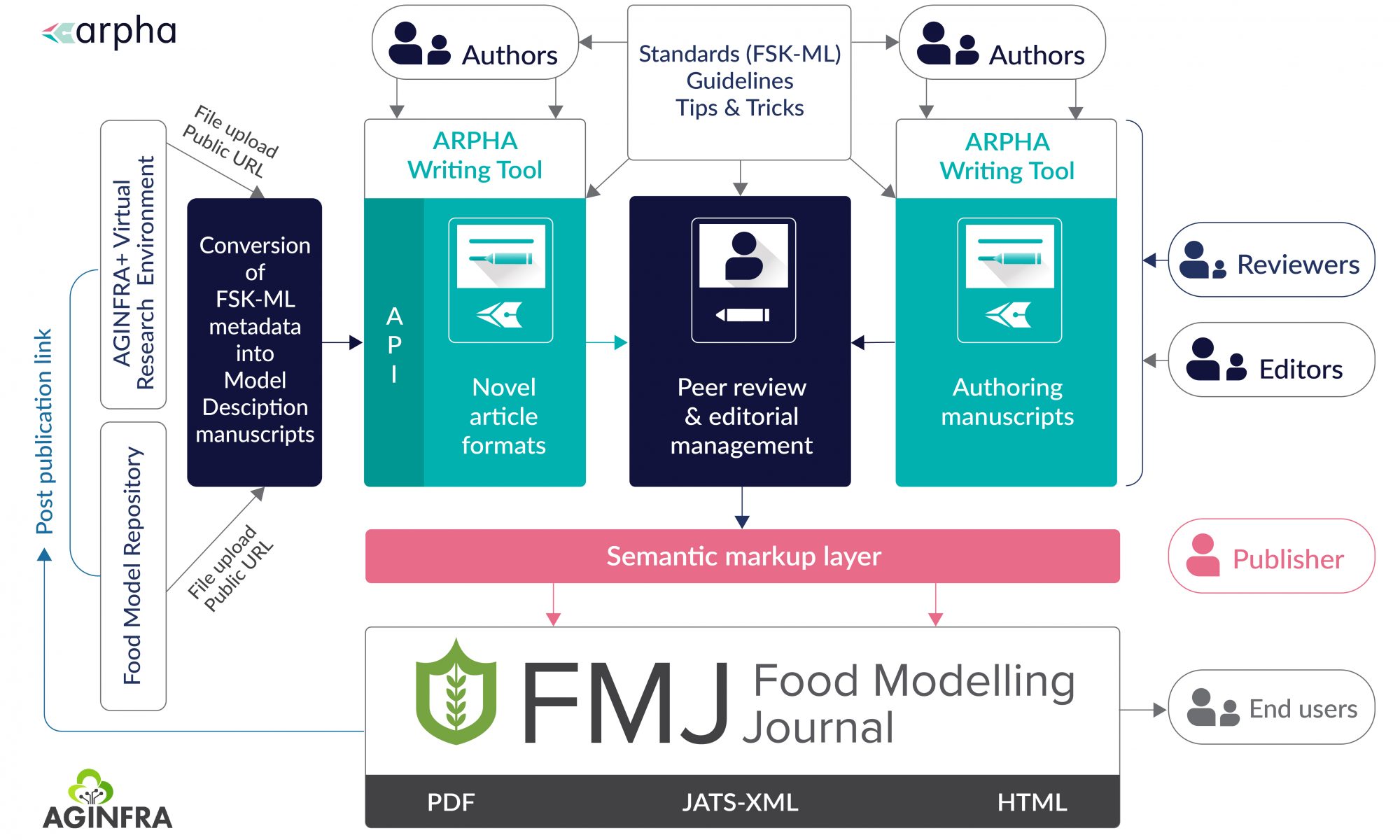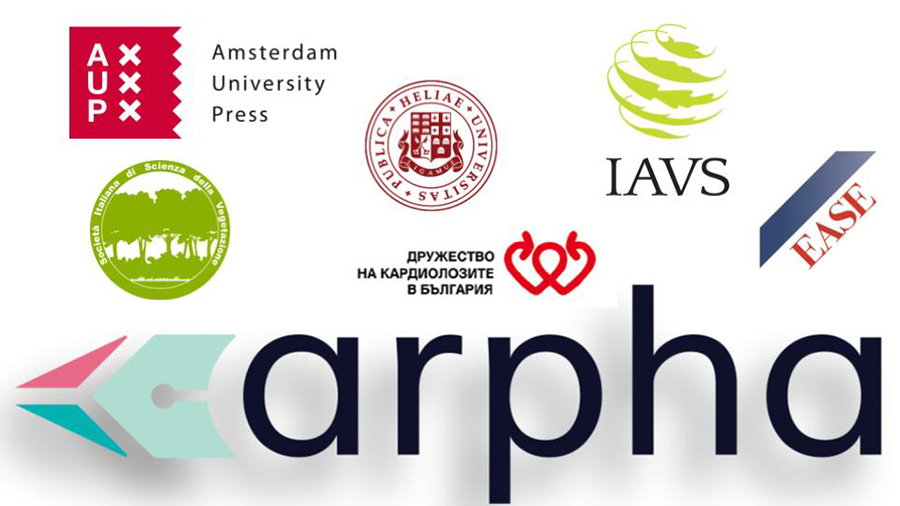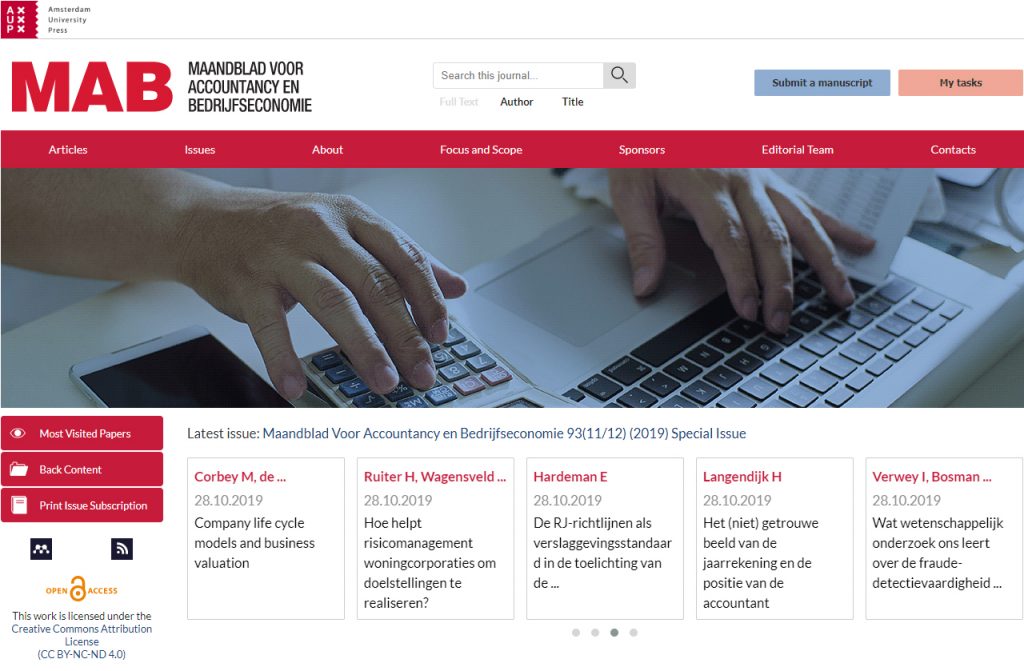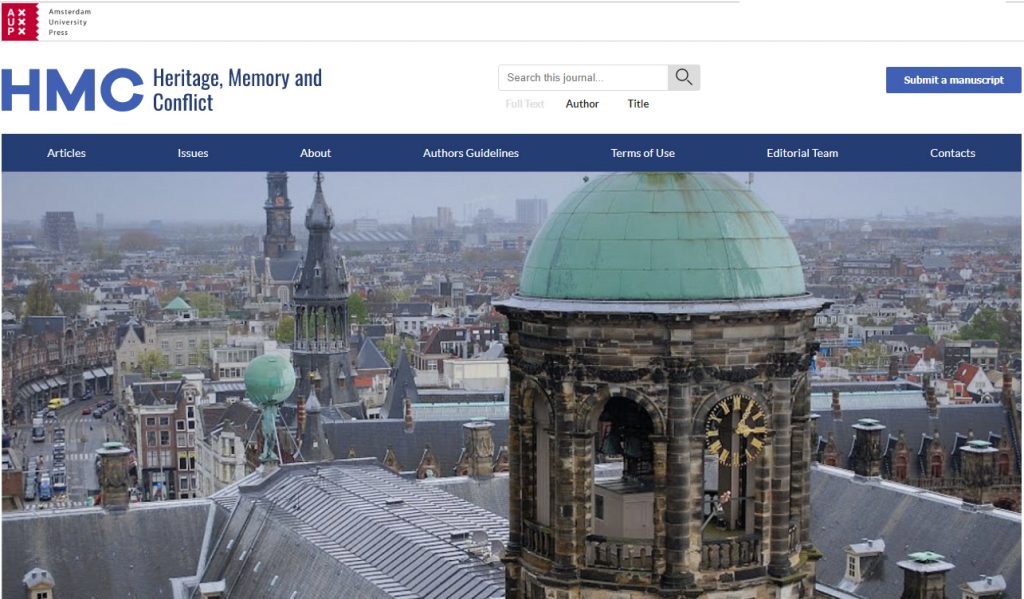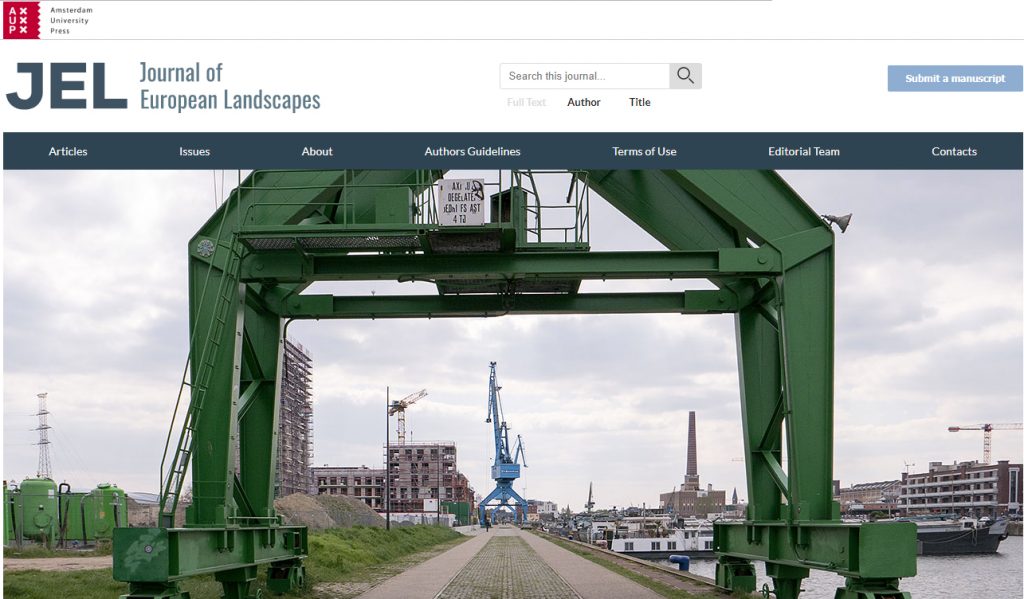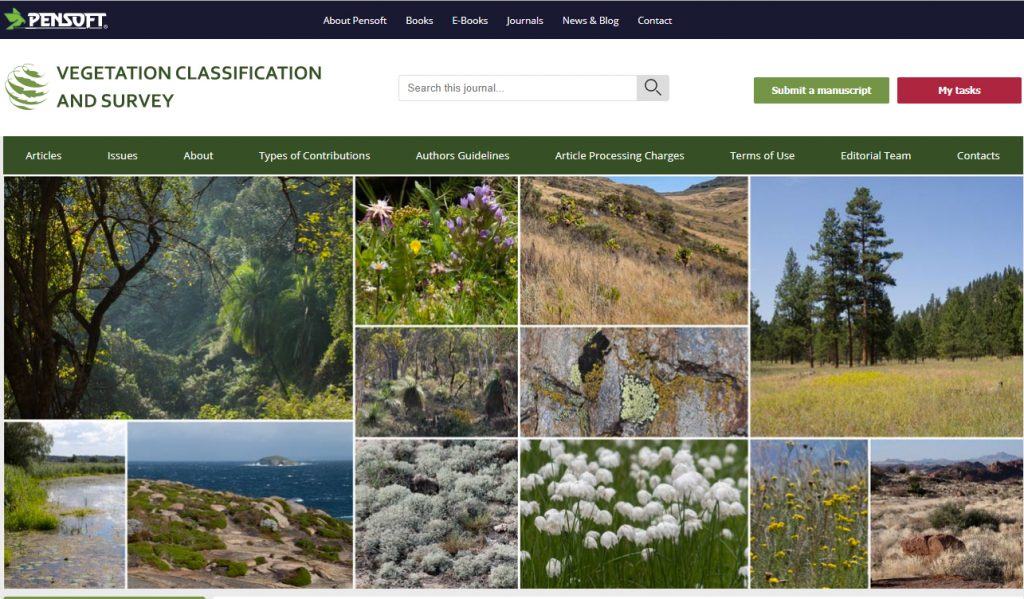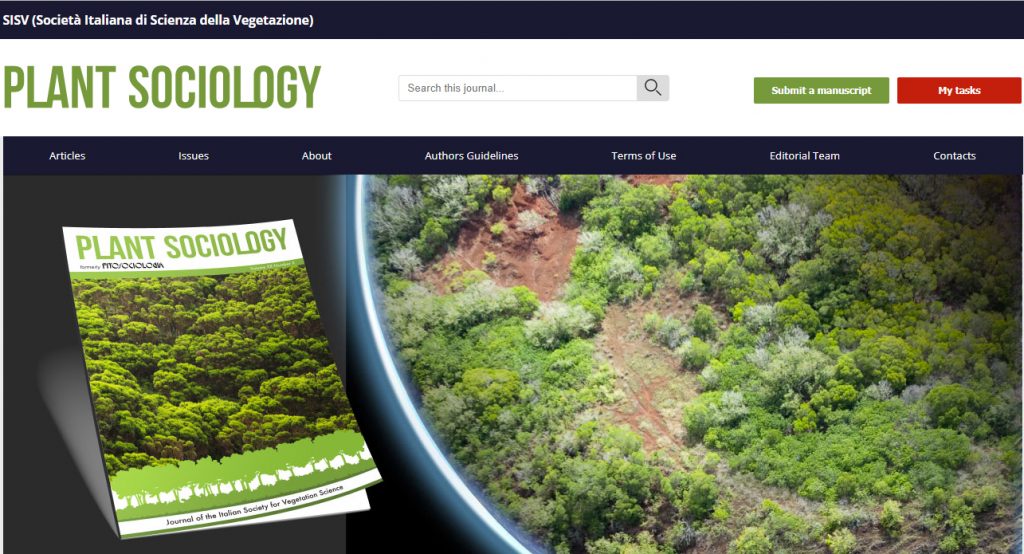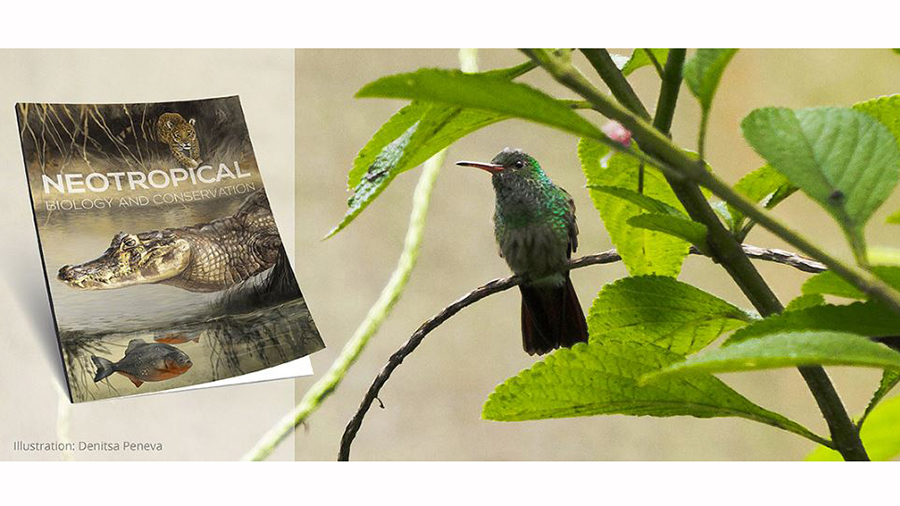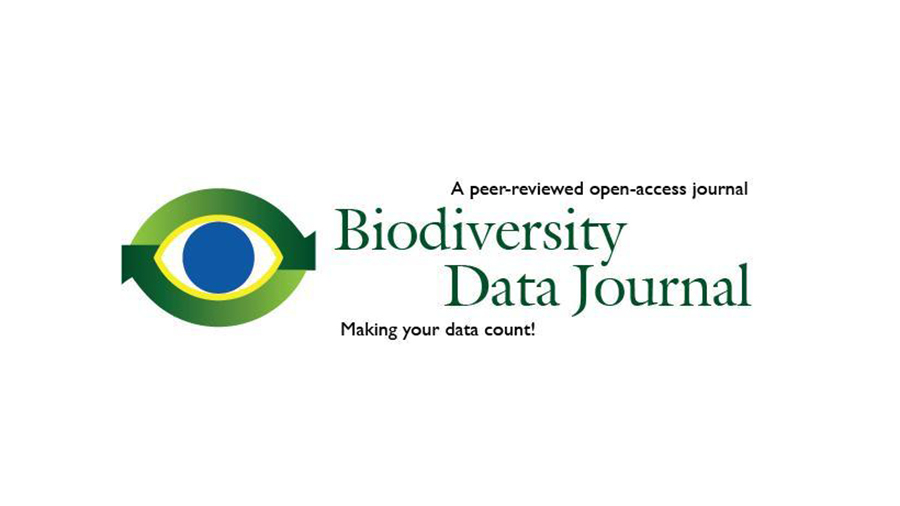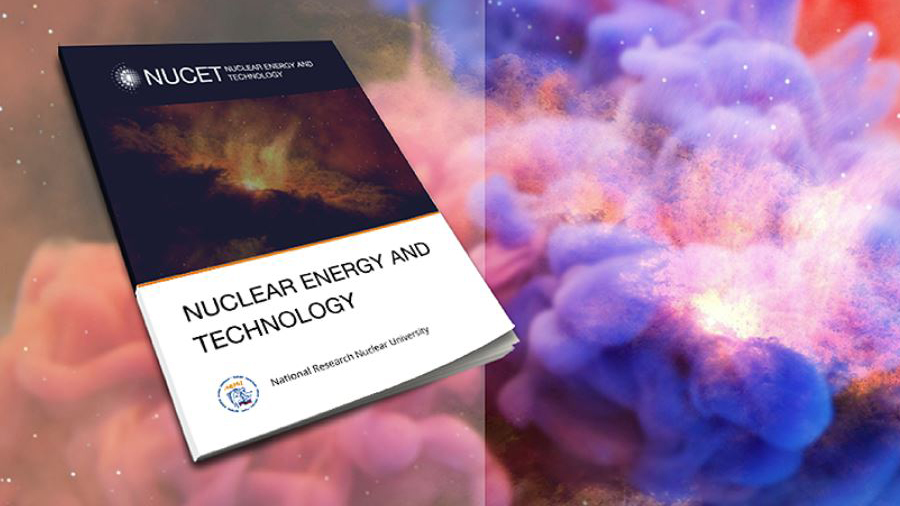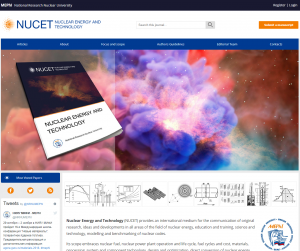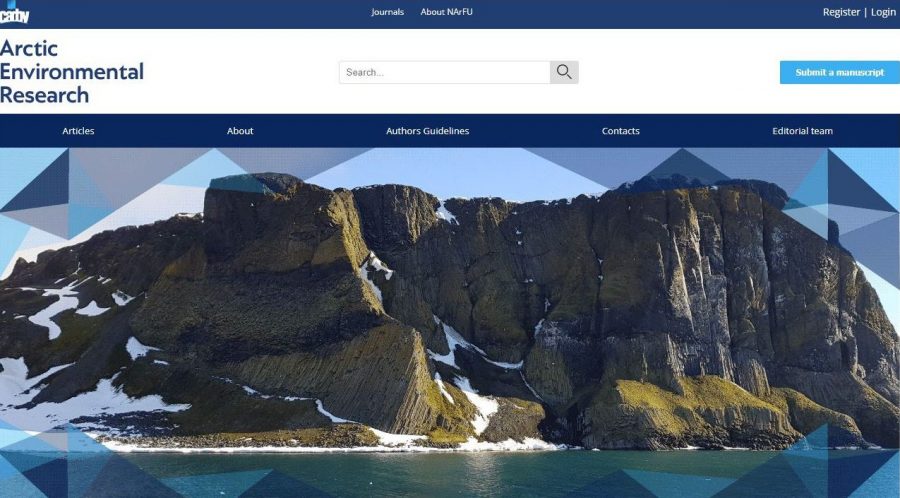An introductory editorial and an article of a unique publication type are already made available in the next-generation journal
The open-access Food Modelling Journal (FMJ) was launched by the AGINFRA+ community and Pensoft with the aim to encourage food science specialists, agronomists and computer scientists to come together and work on assuring and improving food supply, quality and safety in our globalised and rapidly changing world.
The Food Modelling Journal will be focusing on the publication of information objects and digital resources in the food science field, related (but not limited) to: food safety, food quality, food control, food defence and food design, documenting experimental or observational data and mathematical models.
By providing a platform and tools for describing scientific records and crediting for dedicated models, data, data analytics workflows and software, FMJ fosters the overall reproducibility and reusability of research.
FMJ also aims to shed light on what we refer to as research objects – data, software scripts, visualisation routines or models. Usually, they would stay undervalued, underused and uncredited, despite their importance for the scientific progress.
The focus and scope of the journal are supported by a number of specific key features:
- Quality but not quantity
- Cross-disciplinary approach
- Open data and software code policy
- Rapid turnaround time
- Advanced open access and machine-readability.
It should be noted that the Open Science movement and the barrier-free access to research, is at the heart of the FMJ project.
To support its authors, the AGINFRA+ community, Pensoft and Food Modelling Journal have provided them access to the ARPHA Writing Tool, where researchers are able to work together with their co-authors, colleagues and peers on manuscripts from the drafting stage to publication.

A particularly appealing feature, meant to promote reproducibility, collaboration and openness in science, is the executable papers, where users can reproduce research findings using the published model and running it either with default or new parameters. By clicking an “Execute” button within the body of the article, users are taken to an external virtual environment where they will be able to execute the computation. By ‘encapsulating’ all the details needed to perform the action within the paper, this feature ensures that the published findings will remain testifiable in the future.
“While the long-lasting tradition in science used to focus on crediting researchers’ work through conventional research articles and especially by counting their citations, many exciting, useful and often invaluable products of the research cycle, such as data, software scripts, visualisation routines or models (usually called “research objects”) normally stay undervalued, underused and uncredited, despite their importance for scientific progress,” note the editorial board in the introductory editorial.
“The consequences of this neglect of the initial and intermediate steps of the research cycle in favour of the research articles or research books are obvious: scientists often repeat efforts done by others instead of using these as a stepping stone for further analyses and generating new knowledge, let alone the impossible or restricted reproducibility and reusability of research results,” they add.
The first paper of a unique publication type: FSKX (Food Safety Knowledge), is already publicly accessible in the journal. Classified as an early research outcome, the article presents a new generic model for assessing the risk of salmonellosis associated with the consumption of table eggs. To ensure the reusability of the model, the research team of Virginie Desvignes (ANSES – French Food Safety Agency) have made it available in the Food Safety Knowledge Markup Language (FSK-ML) format alongside the executable model script, visualisation script and simulation settings.
FSK-ML is an open information exchange format that is based on harmonised terms, metadata and controlled vocabulary to harmonise annotations of risk assessment models and that was significantly improved and extended during the AGINFRA+ project.
###
Follow Food Modelling Journal on Twitter and Facebook.
###
Food Modelling Journal is indexed by BASE, CNKI, CrossRef, Dimensions, Google Scholar, J-Gate, Mendeley, Microsoft Academic, Naviga (Softweco), OCLC WorldCat, OpenAIRE, OpenCitations, ReadCube, Transpose, Ulrichsweb™ and Unpaywall; and archived at CLOCKSS, Zenodo and Portico.

